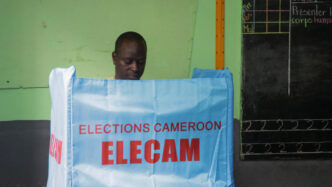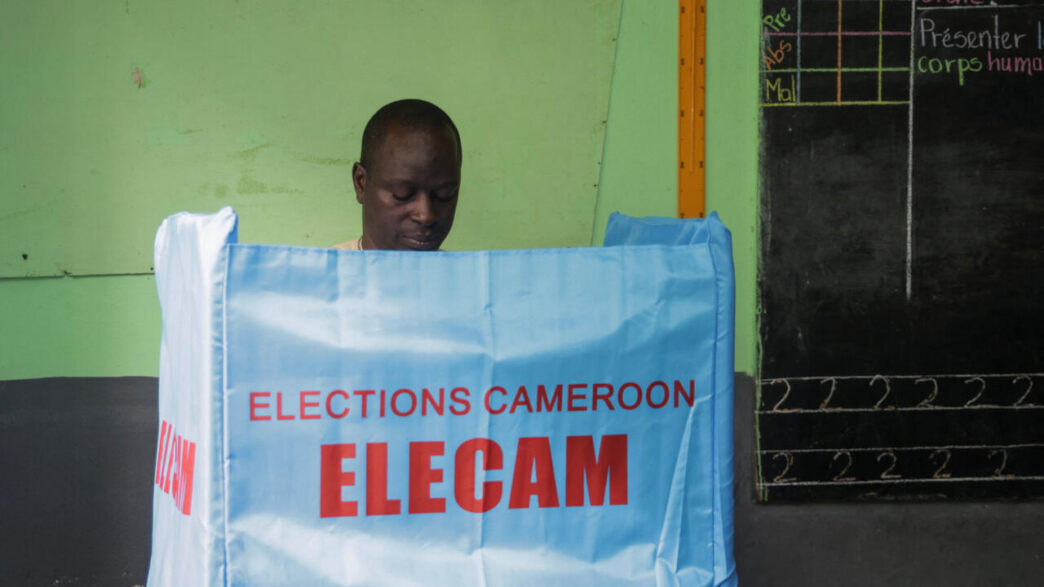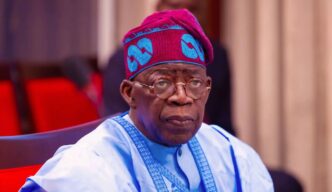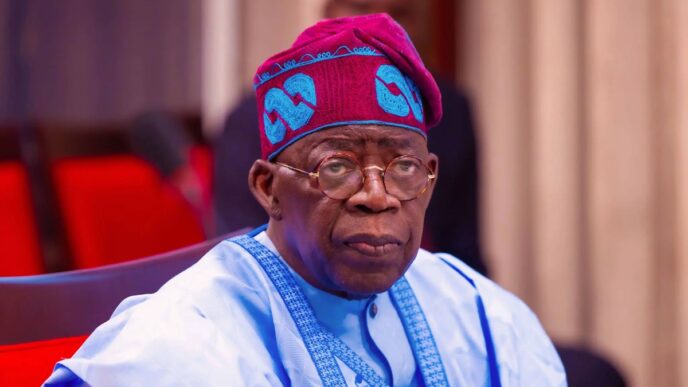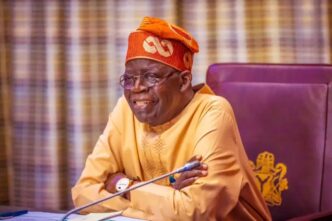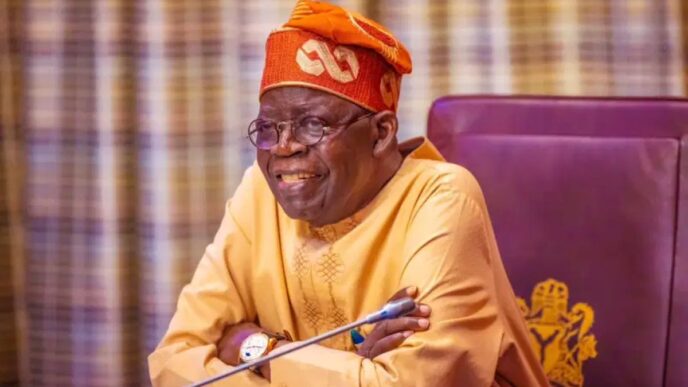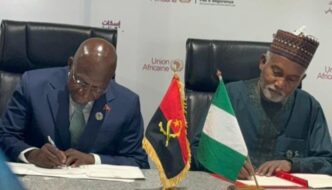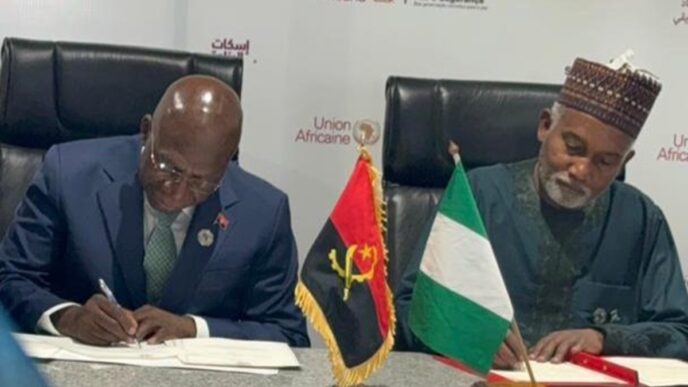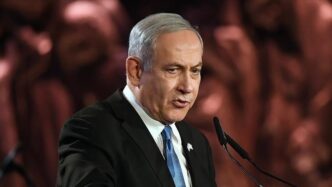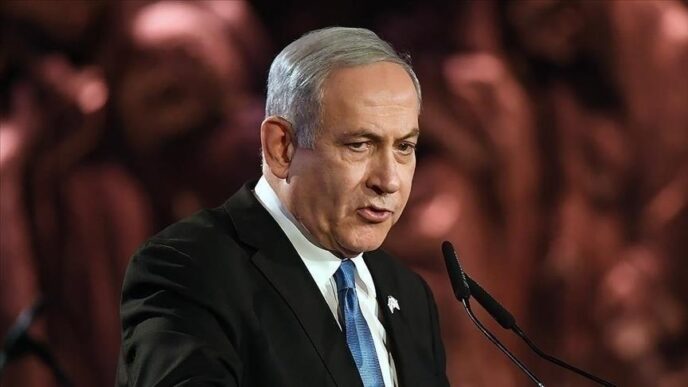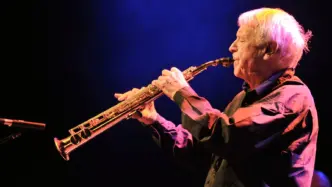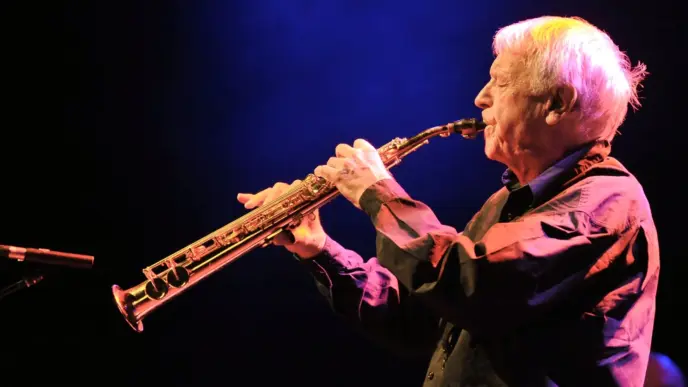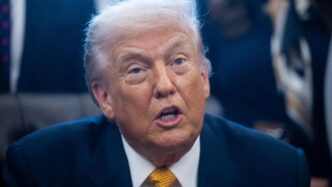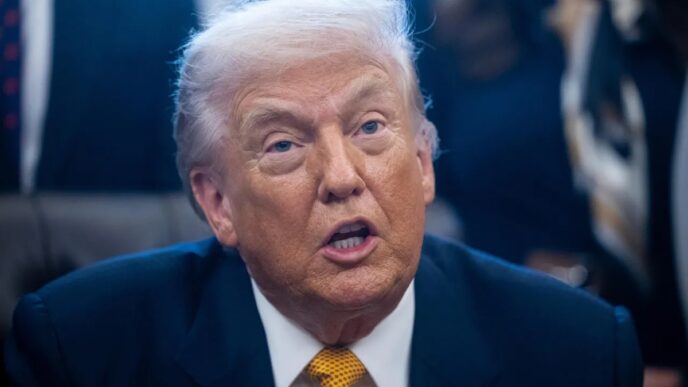Tension is rising across Cameroon as the country awaits the delayed announcement of presidential election results, with opposition groups, civic leaders, and members of the international community calling for transparency and restraint.
The electoral commission, ELECAM, has yet to release the official results, prompting growing frustration among citizens who question why, in the age of advanced digital technology, the nation must wait up to two weeks for official results.
The delay, many fear, revives memories of manipulation reminiscent of the disputed 1992 and 2018 polls.
“Opposition figures, civil society organisations and even sections of the international community are urging authorities to respect what they call ‘the truth of the ballot,’” reports News Central TV’s Kathleen Ndongmo from Yaoundé.
“They argue that transparency is key to avoiding unrest.”
Across major cities, including Douala, Chang, Yaoundé, and Garoua, heavily armed security forces remain deployed. While the government insists the increased troop presence is to maintain order, many citizens view it as intimidation.
“People are simply trying to defend their votes and their rights,” one resident told News Central TV.
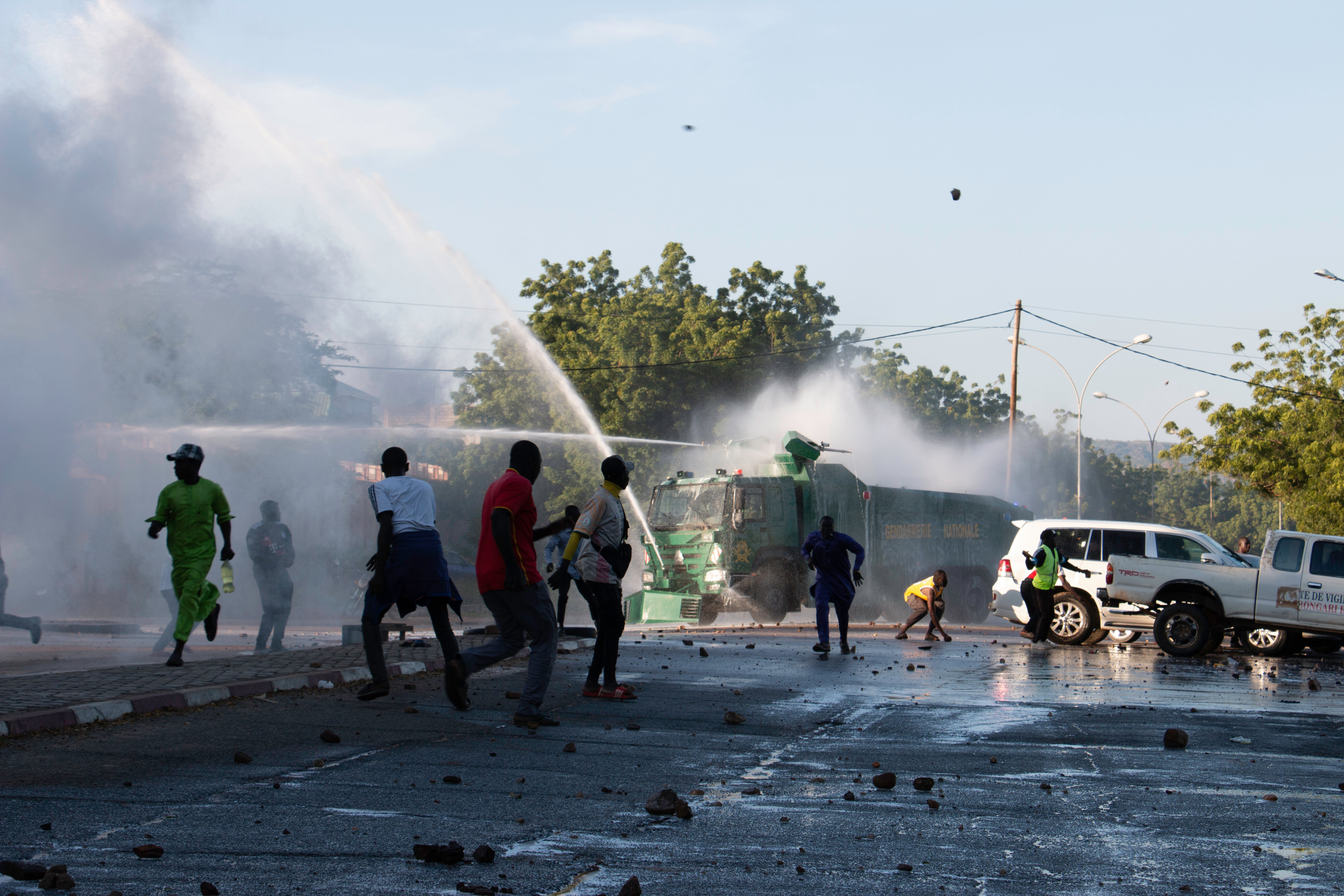
In Douala, local authorities have gone further, banning public gatherings after hundreds of supporters rallied outside the home of opposition challenger Isa Chiroma Bakari.
His supporters say they are protecting him against alleged plans for his arrest, while his party accuses the government of attempting to silence dissent.
Meanwhile, ELECAM has announced the establishment of a commission for the general counting of votes, which includes representatives from presidential candidates, the judiciary, and the administration.
Yet citizen-led platforms continue to release parallel tallies based on data from polling stations, claiming to present the true reflection of the people’s will.
At least 11 petitions have already been filed before the Constitutional Council contesting aspects of the electoral process. But legal experts note that the Council can only uphold or annul an election, not declare a winner.
Reports from Douala and Chang indicate that some pro-government voices have praised the military for quelling demonstrations, though analysts warn that suppressing dissent could backfire.
As the country awaits results expected next week, uncertainty looms.
Analysts warn that if the outcome is widely perceived as manipulated, the consequences could be grave, deepening the government’s legitimacy crisis, eroding trust in institutions, and aggravating socio-economic fragility.
“The coming days,” Ndongmo reports, “could determine whether Cameroon moves towards reconciliation and better governance or slides into deeper instability.”


 Trending
Trending 
